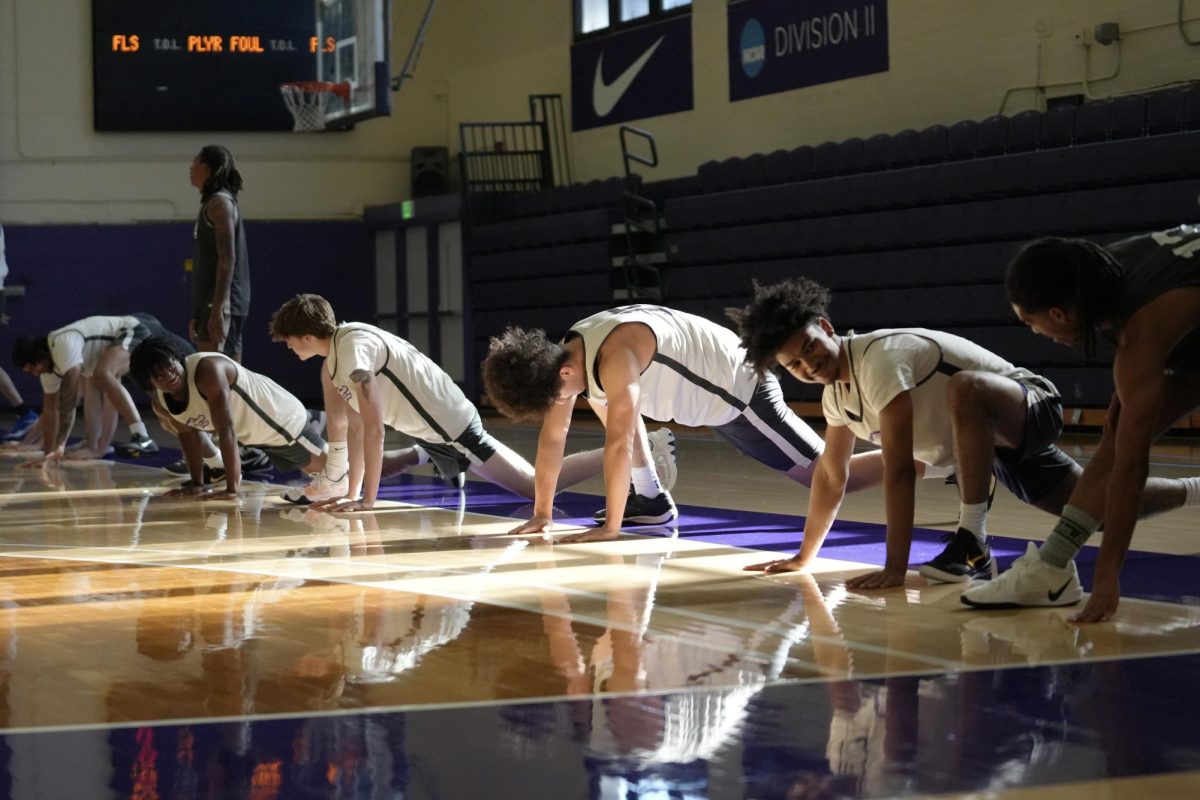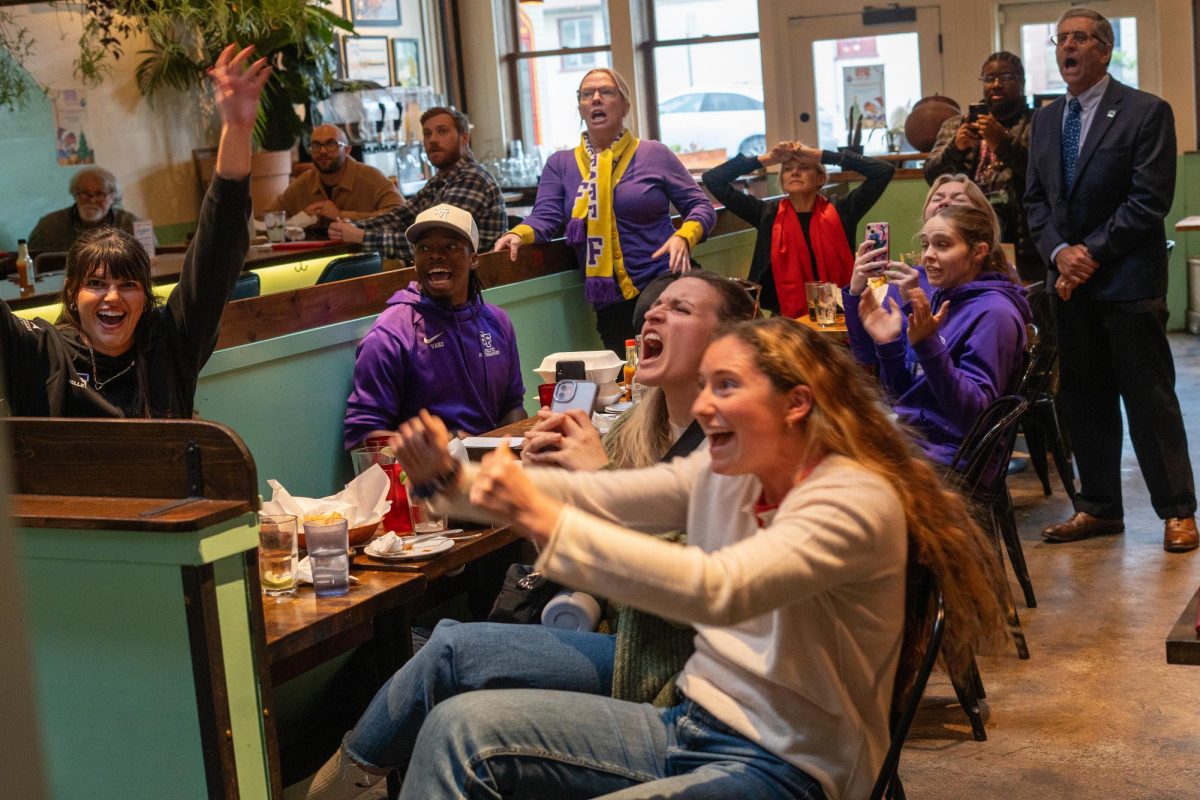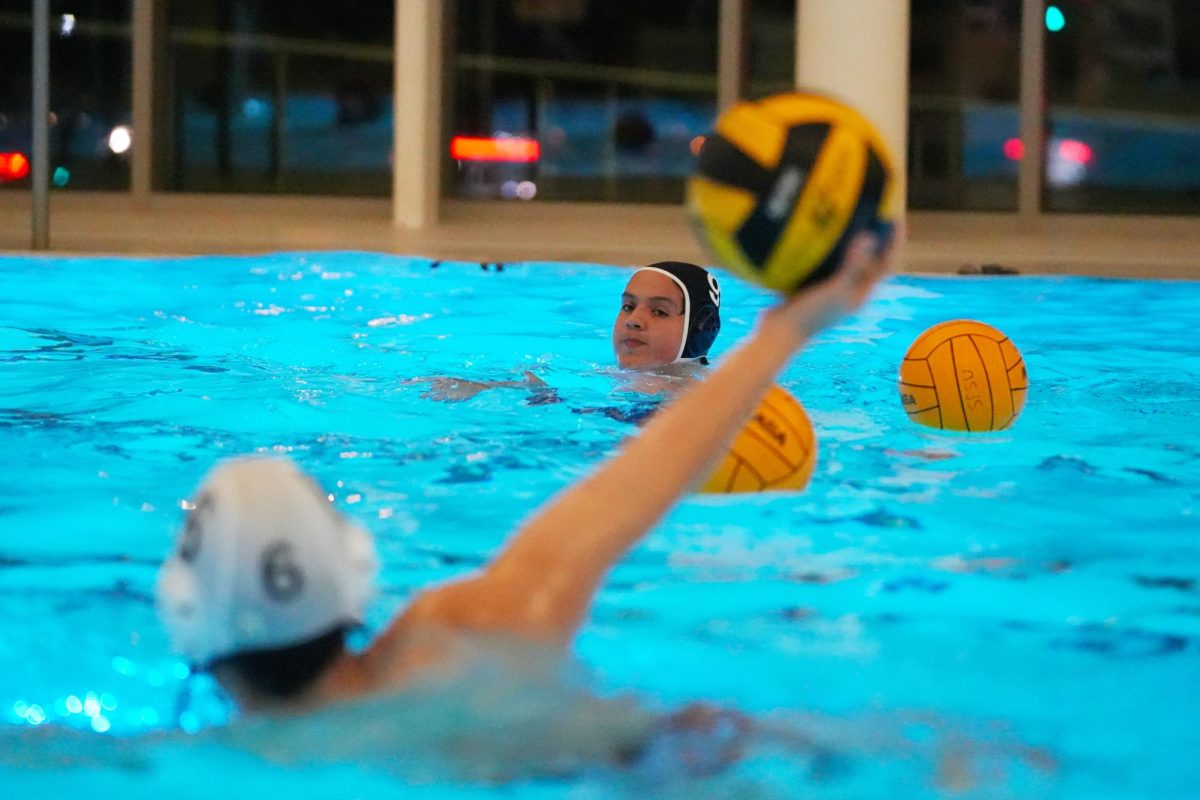California has set in motion the first domino in an ongoing debate that will decide if NCAA athletes will be eligible to make money while not holding a professional title.
On Sept. 9, the California State Assembly voted 72–0 for the Fair Pay to Play Act. The bill would give student athletes the option to profit from their names, images and likenesses. In other words, the NCAA will continue to see 100% of the profit made on game days, network deals and memorabilia sales, but would give athletes the opportunity to make money from video games, posters, autographs and images of them in uniform sold online.
Gov. Gavin Newsom has 30 days to decide whether to sign the bill into law, possibly making California athletes the first to make money while still under scholarship status. If passed, the law would go into effect in 2023, and students would no longer be punished for accepting endorsement money.
The NCAA has long opposed paying student athletes, most commonly referring to their free education as enough compensation for the revenue their performances bring into the school. The commission has held steadfast to this stance, urging Newsom to dismiss the bill, stating it would upset the balance and almost certainly make students in California ineligible to compete in championships and events with other regions. If Newsom signs the bill into law, 58 NCAA schools throughout the state of California will have freedoms that another 500,000 athletes in the other 49 states do not.
Students have been suspended because fans of their on-field successes paid them for autographs. NFL superstars Todd Gurley and A.J. Green both were punished for selling autographs to their school’s fan base.
Although a portion of NCAA athletes go to school for free, not all are as fortunate. Additionally, the athletes who do not pay for school sometimes lack the money to pay for everyday expenses like food, transportation and clothing.
To put it into perspective, the top 10 earning programs in sports are bringing in more than $150 million each year, none of which is going to the players. A long-time supporter of players being paid to play is NBA superstar Lebron James, who emphatically tweeted his approval of the first of many steps needed to be made by California. James called it a much-needed “game changer” not only for the players, but for an outdated college sports system.
A surprise opponent to the suggested bill is college football legend and former champion Tim Tebow, now a sports analyst for ESPN. Tebow suggested that college sports should remain a sacred entity that rewards athletes for their accomplishments in school pride and memories.
Josh Jacobs, former Alabama running back and now Oakland Raiders rookie, took great offense to Tebow’s suggestions. Jacobs grew up in extreme poverty, living out of a vehicle with his father and four siblings.
Proponents of the bill hold that college sports are an entertainment business, and without the athletes, the show can’t go on. Meanwhile, the NCAA reaps enormous profits while not paying its workers and forbidding students from making money from their craft while in school. Other students, such as art majors, are not barred from selling their goods to potential buyers while still enrolled or under scholarship.






